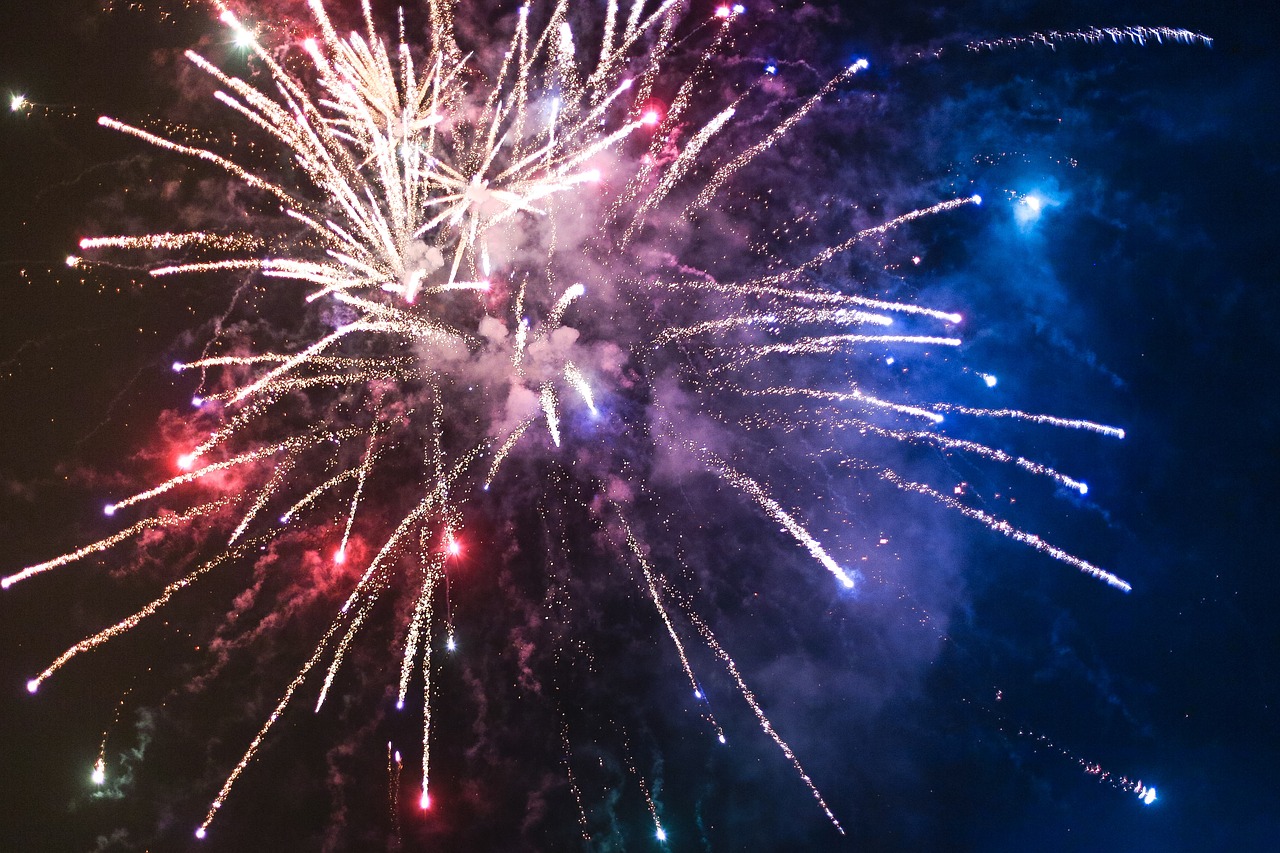 With the Fourth of July just now behind us, we still have plenty of family cookouts, gatherings by the pool or at the beach, and more summer celebration sounds and fireworks ahead. It is usually a good idea to keep the fireworks to the professionals and attend a show in your region applying safe show practices (with hearing protection in hand or rather in ears).
With the Fourth of July just now behind us, we still have plenty of family cookouts, gatherings by the pool or at the beach, and more summer celebration sounds and fireworks ahead. It is usually a good idea to keep the fireworks to the professionals and attend a show in your region applying safe show practices (with hearing protection in hand or rather in ears).
This begs the question, in our hyper-vigilant world, do kids really have much exposure to recreational fireworks these days? Recently, Bhatt et al (2019) examined the use of fireworks and other recreational loud noise using data from the National Health Interview Series (data from 2014). The sample from the NHIS included over 13,000 children under 18 years of age. Fireworks, with 44.8 percent reporting use were the second most common source of reported loud noise exposure, the first being music (46.5 percent) and the third, yard equipment (42.5 percent). Sadly, only 16.4 percent reported consistent use of hearing protection devices when exposed to explosive sounds, such as fireworks. When including all sources of loud noise, only 6 percent reported consistent use of hearing protection.
Takeaway: There is a high prevalence of youth exposure to loud sounds, including impulsive/explosive sounds. Further, there is a low prevalence of hearing protection device use. Both passive and active prevention-based strategies are necessary to protect youth from noise induced hearing loss from recreational sources. These strategies range from manufacturing lower level sound emitting fireworks, warnings on packaging, education on hearing protection and hearing loss risk, use of hearing protection and hearing conservation strategies, periodic hearing screenings, and reinforcement with reasonable regulations.
For more information see Bhatt et al (2019). Epidemiology and gender differences in pediatric recreational and firearm noise exposure in the USA, Laryngoscope, Prepub, May 9.
Recent Posts
Dizziness and Neck Pain: A Perspective on Cervicogenic Dizziness
Cervicogenic dizziness is a somewhat controversial topic, as this condition is often considered a diagnosis of exclusion without a specific objective standardized test across health-care…
Audiologists Advocate for Fair Use of “Doctor” Title in Florida
This week, the American Academy of Audiology, in collaboration with the Florida Academy of Audiology (FLAA), voiced concerns about House Bill (HB) 1341—legislation that would…
Arkansas Enacts Law Expanding Audiologists’ Scope of Practice
Arkansas Senate Bill 118 has been signed into law, updating the state’s audiology scope of practice statute. The law allows audiologists who are licensed to…


